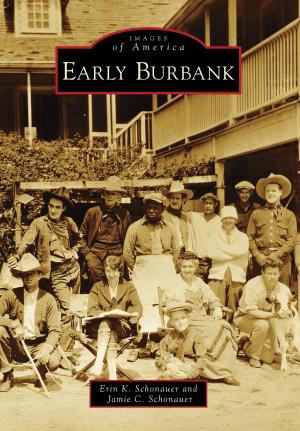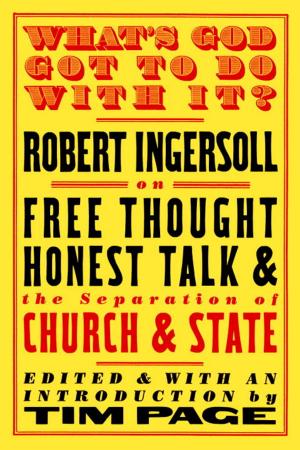| Author: | Armando Rendon | ISBN: | 9781301313952 |
| Publisher: | Armando Rendon | Publication: | May 27, 2013 |
| Imprint: | Smashwords Edition | Language: | English |
| Author: | Armando Rendon |
| ISBN: | 9781301313952 |
| Publisher: | Armando Rendon |
| Publication: | May 27, 2013 |
| Imprint: | Smashwords Edition |
| Language: | English |
Chicano Manifesto appeared in 1971 as the first book written by a Chicano to give expression to the spirit of a cultural revolution. The text is largely biographical because much of the history recorded in its pages was actually observed by the author. Many persons and events depicted here were captured only because the author was there as the movement evolved.
Perhaps the most disturbing truth that we now see from having Manifesto in our hands again is that so little has changed since those early urban marches, farmworker peregrinaciones, student confrontations with police and bureaucrats. Manifesto appears today at a time of intense racial fear and hatred toward Chicanos and Latinos in the United States. The racism, the rampant poverty, the school dropout rates, the joblessness, the despair are all still part of the Chicano reality. Reading Manifesto enlightens our understanding of what happened in the late Sixties and provides a starting point for realizing why these gaps still exist.
Manifesto still serves as a rallying cry for action, perhaps the only true clarion call from that era, because it is still unrelenting in its quest for the true Chicano and for the realization of the Chicano as clearly the most important person to the evolution of the peoples on the American continents. As the cover design suggests, the Chicano is the bridge between the Americas; already a composite of the cultures here, the Chicano embodies the vast diversity that the Americas have become.
What Manifesto suggests to all of us is the necessity for understanding the very foundations of our society; where the majority population has failed to understand the origins and aspirations of a people, the country has faltered. When it has recognized the value of its many peoples, America has prospered. The Chicano holds out that promise. As this book proclaims, the goal of the Chicano people is to fulfill its own promise and that of the nation it calls home.
Chicano Manifesto appeared in 1971 as the first book written by a Chicano to give expression to the spirit of a cultural revolution. The text is largely biographical because much of the history recorded in its pages was actually observed by the author. Many persons and events depicted here were captured only because the author was there as the movement evolved.
Perhaps the most disturbing truth that we now see from having Manifesto in our hands again is that so little has changed since those early urban marches, farmworker peregrinaciones, student confrontations with police and bureaucrats. Manifesto appears today at a time of intense racial fear and hatred toward Chicanos and Latinos in the United States. The racism, the rampant poverty, the school dropout rates, the joblessness, the despair are all still part of the Chicano reality. Reading Manifesto enlightens our understanding of what happened in the late Sixties and provides a starting point for realizing why these gaps still exist.
Manifesto still serves as a rallying cry for action, perhaps the only true clarion call from that era, because it is still unrelenting in its quest for the true Chicano and for the realization of the Chicano as clearly the most important person to the evolution of the peoples on the American continents. As the cover design suggests, the Chicano is the bridge between the Americas; already a composite of the cultures here, the Chicano embodies the vast diversity that the Americas have become.
What Manifesto suggests to all of us is the necessity for understanding the very foundations of our society; where the majority population has failed to understand the origins and aspirations of a people, the country has faltered. When it has recognized the value of its many peoples, America has prospered. The Chicano holds out that promise. As this book proclaims, the goal of the Chicano people is to fulfill its own promise and that of the nation it calls home.















